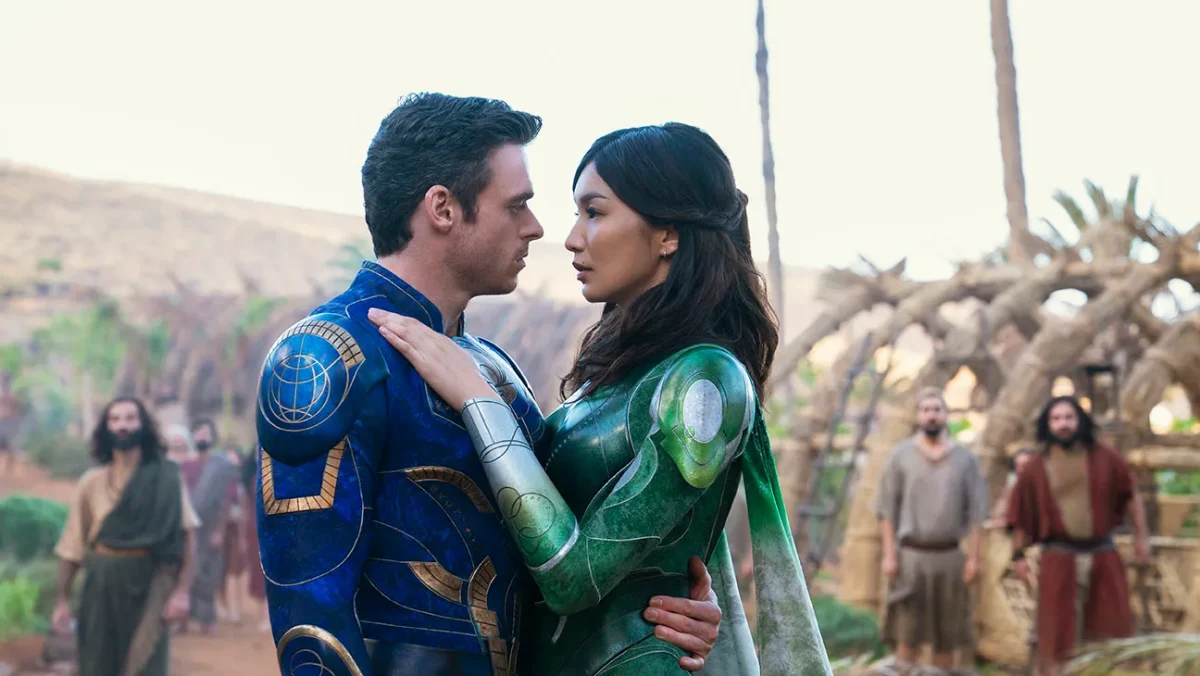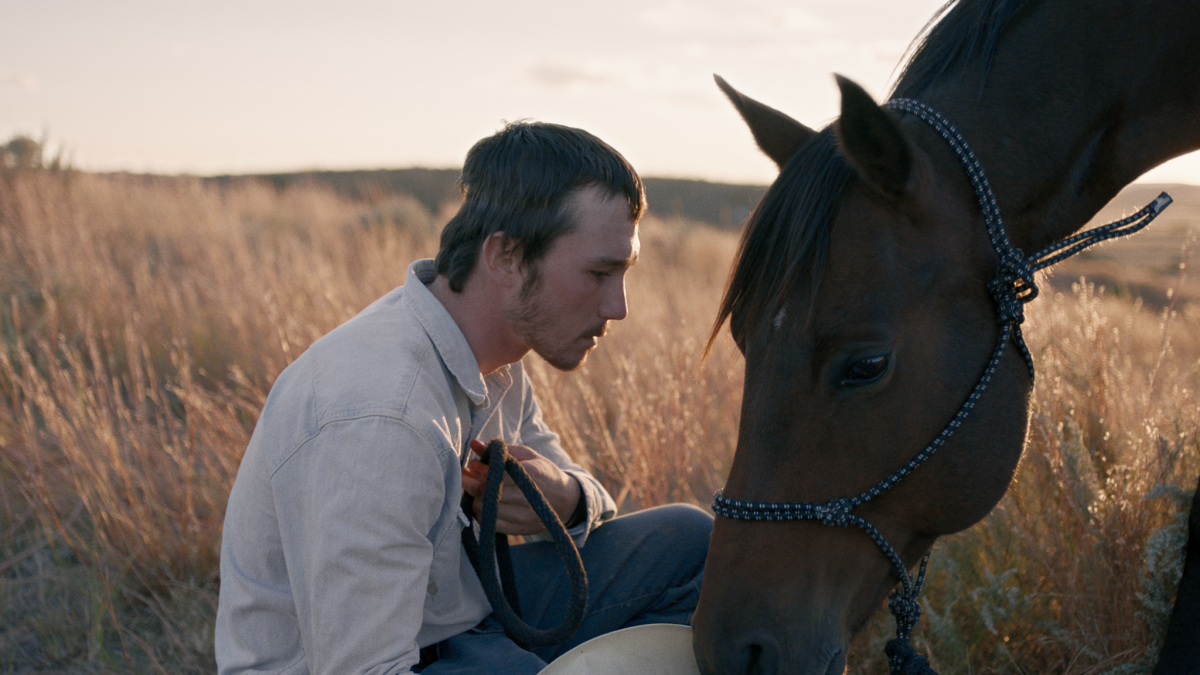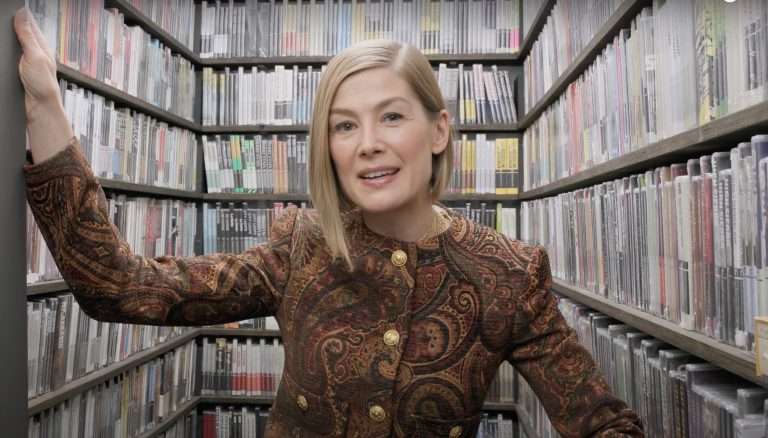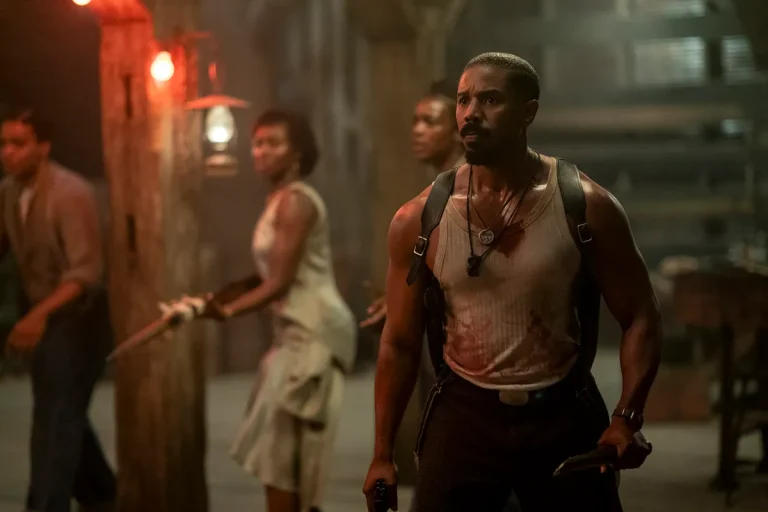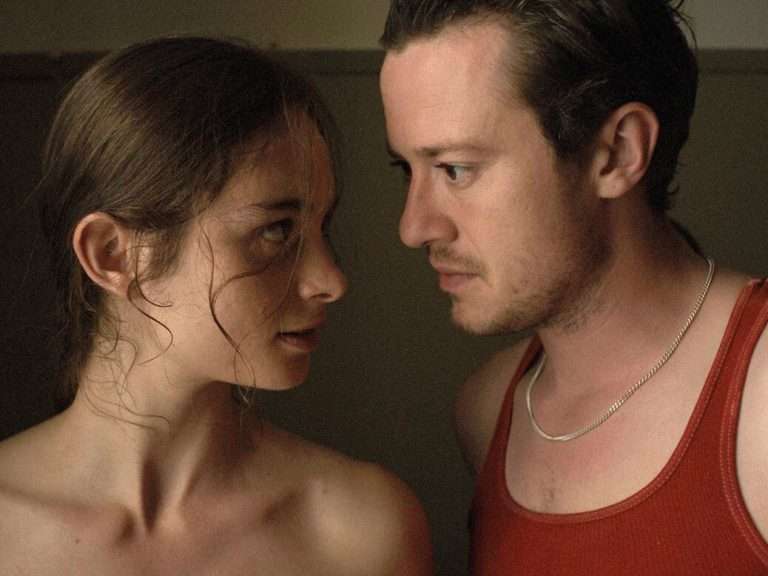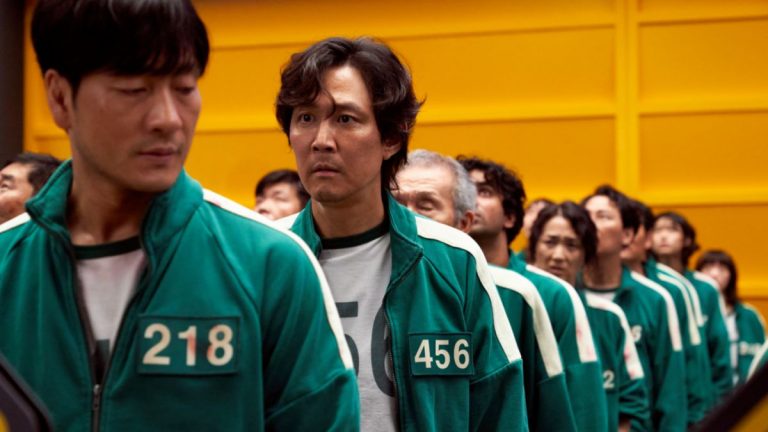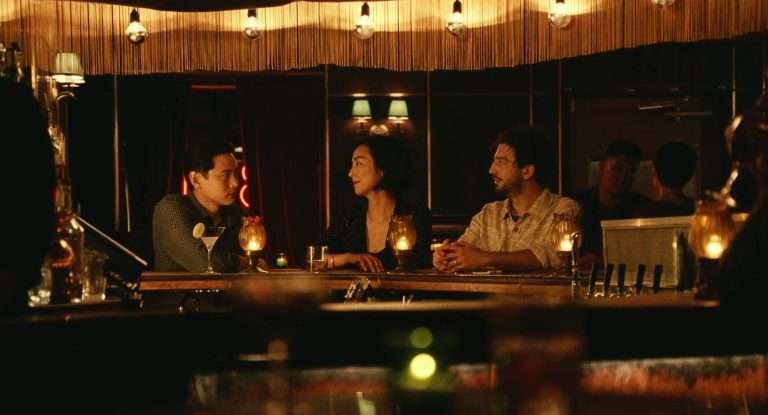Few contemporary filmmakers have ascended to prominence as swiftly and remarkably as Chloé Zhao. In just over a decade, she has directed a Sundance sensation, won Best Picture, ventured into the Marvel Cinematic Universe, and adapted a bestselling novel—an extraordinary trajectory that reflects both range and ambition. The market may not support the gradual ascension of a stylized, unique artist with no interest in compromising their creative vision, but the blend of naturalism and emotional maturity that Zhao has demonstrated in her output is hard to resist.
It’s rare to see a filmmaker so confident in their ability to inhabit a community and highlight the commonalities of life, whilst also being marvellously talented when it comes to technical precision. Unlike the uncoordinated, haphazard production of many “slice-of-life” films (such as those within the “mumblecore” movement), Zhao’s body of work has been carefully calculated, allowing it to attain overwhelming aesthetic virtues.
Zhao’s future within the industry seems boundless, as her name has attracted a niche, yet fervent following among cinephiles. There isn’t a single project that she’s made that hasn’t initiated widespread attention and discourse, with the possible exception of her debut “Songs My Brother Taught Me,” which is not included within the following list because it was never made widely available in a commercial market. Even if Zhao’s immediate future will be spent working on a “Buffy the Vampire Slayer” reboot on Hulu with returning star Sarah Michelle Gellar, it’s assumed that it won’t be long before she returns to the big screen. Here are Chloé Zhao’s best films, ranked.
4. Eternals (2021)
“Eternals” is certainly not the worst film within the MCU, as it does not have the “unwatchable” quality of true disasters like “Thor: Love and Thunder,” “The Marvels,” or “Captain America: Brave New World.” However, “Eternals” may be the saga’s most disappointing installment thus far when considering the pedigree involved.
Zhao, who had recently become the second woman to ever win the Oscar for Best Director, somehow created a superhero film that lacked any vibrant emotion, celebration of heroism, or spark of liveliness. Based on an obscure run of Jack Kirby comics that originated in the 1970s, “Eternals” promised to offer a look into the lives of immortal beings that had been dubbed “gods” by humanity.
Although “Eternals” moves at the pace of one of Zhao’s atmospheric dramas, the dialogue and characterization lack the intimacy and insight that she is known for. It’s no doubt a challenge to make a film within a broader continuity that must conform to standards and preordained narrative beats, but it’s not an impossible task.
Other distinctive directors like Taika Waititi, Ryan Coogler, and Shane Black were able to make great films while working with Marvel producer Kevin Feige. “Eternals” even offered Zhao more creative freedom because of its separation from the rest of the MCU, as even the largely standalone “Guardians of the Galaxy” featured characters that would pop up in the crossover events. Although a few performances pop (including Brian Tyree Henry and Kumail Nanjiani), “Eternals” is a somber, morose blockbuster that signaled a downward spiral for the MCU.
Related to Chloé Zhao Movies – 20 Best MCU (Marvel Cinematic Universe) Movies
3. Hamnet (2025)
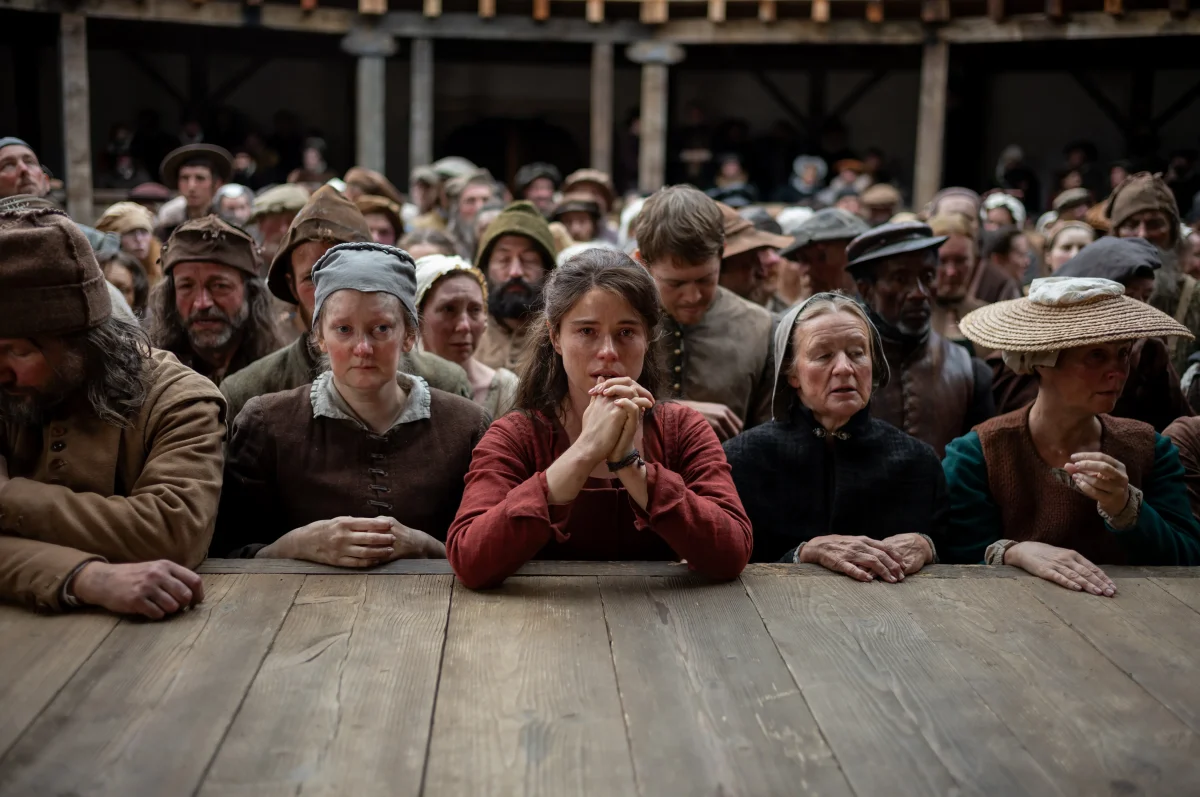
“Hamnet” is without a doubt effective in its goal of absolutely gutting its audience, as the adaptation of Maggie O’Farrell’s popular novel imagines a nightmare scenario for any parent. It’s not the first film to unpack the origin of one of the great plays by “the Bard,” but unlike “Shakespeare in Love,” “Hamnet” is not peppered with literary references and scandalous in-jokes.
Instead, the film offers a close-up look at the burgeoning relationship between a young William Shakespeare (Paul Mescal) and his wife Agnes (Jessie Buckley), and examines how a personal tragedy inspired one of the most famous works of drama in history. It’s a beautifully acted film that refreshingly offers a more grounded, empathetic look at a fascinating period in the Renaissance, but “Hamnet” is also so straightforward in its intentions that it can feel calculated.
“Hamnet” is at its best when it occupies the small, easily overlooked moments between a loving family in which they simply exist beyond any context, as there is a universal power to the daily joys and fears of parenting. The emotional reserve of both leads is effective in denying the inherent melodrama that may have come from such loaded material, and makes for a gruelling transition once tragedy takes hold.
Yet, “Hamnet” is also a film that wants so desperately for its audience to experience its emotional burdens that the notion of healing through art can ring hollow, as the connections between Agnes’ life and her husband’s work are underdeveloped. Some may hail it as a masterpiece, but “Hamnet” is best accepted as a fascinating indication of Zhao’s willingness to try her hand in a different genre.
2. Nomadland (2020)
“Nomadland” is one of the most unorthodox Best Picture winners in the history of the Academy Awards, which is in no doubt partially due to its release during a period in which a majority of movie theaters in the United States were closed during the height of the COVID-19 pandemic. With no communal screenings or boots-on-the-ground buzz, Oscars voters leaned away from a highly commercial touchstone and instead rewarded a deeply reserved, ethereal film about an under-the-radar community.
“Nomadland” is a miracle because of how easily its passive approach to narrative could have been grating. That there is nothing particularly extraordinary about the life of the nomadic woman Fern (Frances McDormand) is precisely the point that Zhao is making. “Nomadland” offers a compassionate perspective on those who simply drifted away from society with no ill will in their hearts, even if their communities proved to no longer be accepting. “Nomadland” has the signature authenticity of Zhao’s best work, as the use of natural environments and non-actors achieved a degree of realism that is rarely seen, even in independent cinema.
Yet, it’s never a film that feels aimless, as every scene builds a part of Fern’s personality, backstory, or lifestyle that offers greater insight into the tapestry of her existence. Considering the singular, spunky quality that McDormand brings to such iconic roles as “Fargo” and “Three Billboards Outside Ebbing, Missouri,” it’s remarkable that she was able to evolve into such a muted, soulful character. Those who claim the film is lacking in emotion or non-confrontational may need to do a rewatch, as “Nomadland” has only grown more rewarding with age.
Similar to Chloé Zhao Movies – Nomadland (2020) Movie Review: A Faultless, Sublime Epic That May Change Your Life
1. The Rider (2018)
Zhao’s greatest masterpiece was the type of personal, overwhelming independent darling so potent in its approach that it attracted the attention of both Marvel Studios and the prestige wing of Fox Searchlight in the aftermath. Zhao, a Chinese-born artist educated at New York University, somehow cut to the core of what it was like for a small community of westerners living in contemporary South Dakota, where the local rodeo shows offer a means for people to gather in search of spectacle.
Zhao offers a non-judgmental, yet curious analysis about how such a dangerous activity could empower these individuals, and why it has become a cultural touchstone for generations. At the heart of the story is a truthful, endearing performance by Brady Jandreau as a soft-hearted rider, whose real life is not all that different from the character he was asked to portray.
Zhao may have looked for non-professional actors who could bring their own experiences to the material, but there’s nothing about “The Rider” that feels slapdash or amateur. It’s a film that was written and created based on her deep understanding of a culture that she was not part of, yet still reflects the type of beauty only possible from an engaged observer.
In finding moments of tranquility and existentialism within healing, rebirth, and acceptance, Zhao found a way to truly create a contemporary Western fable that isn’t burdened by nostalgia. It’s a tiny gem of a film that comes highly recommended by those who’ve seen it, and may explain why Zhao has been such a desirable figure for the broader film community.

